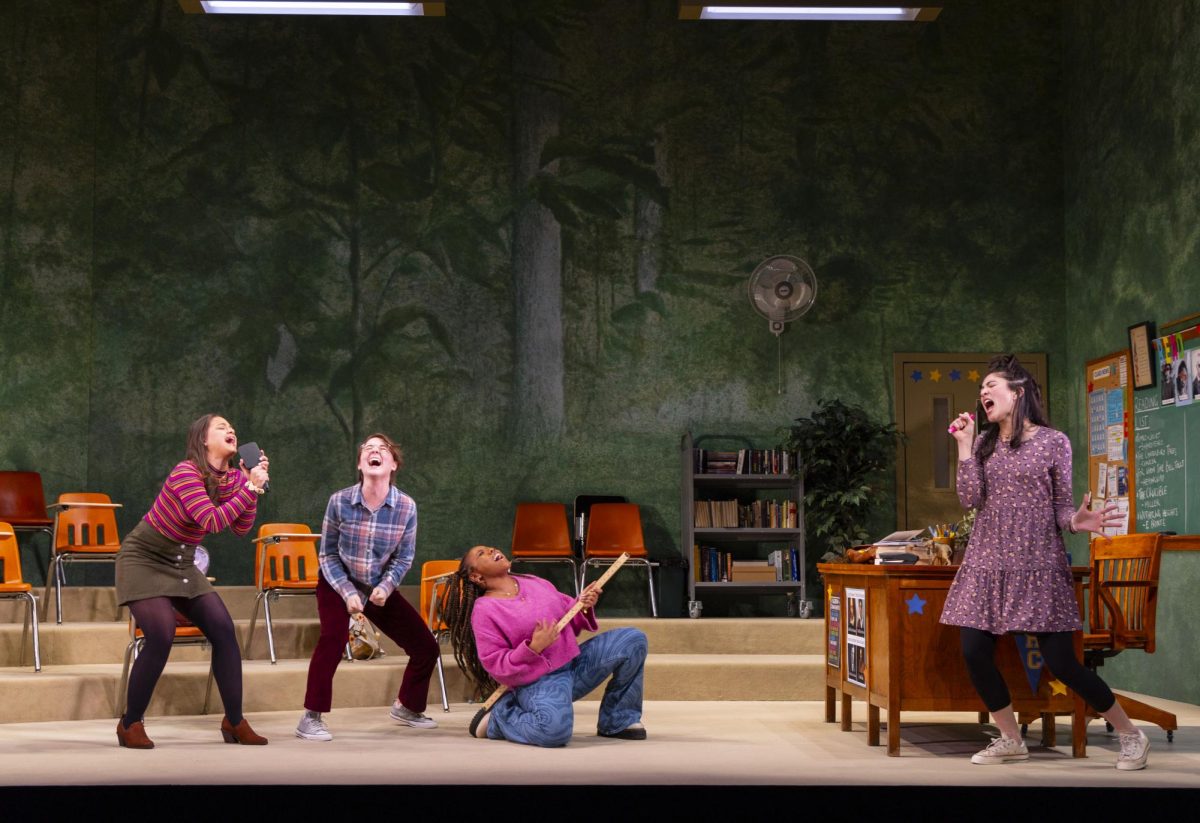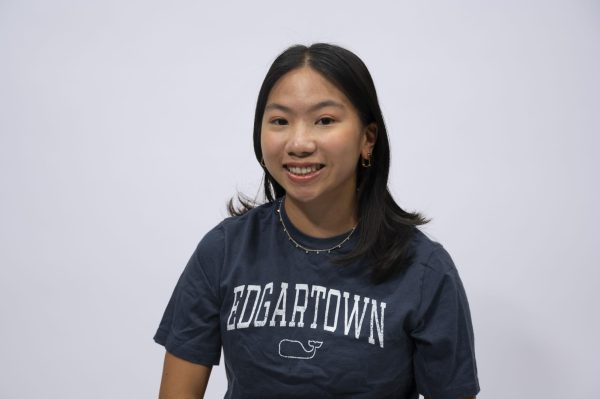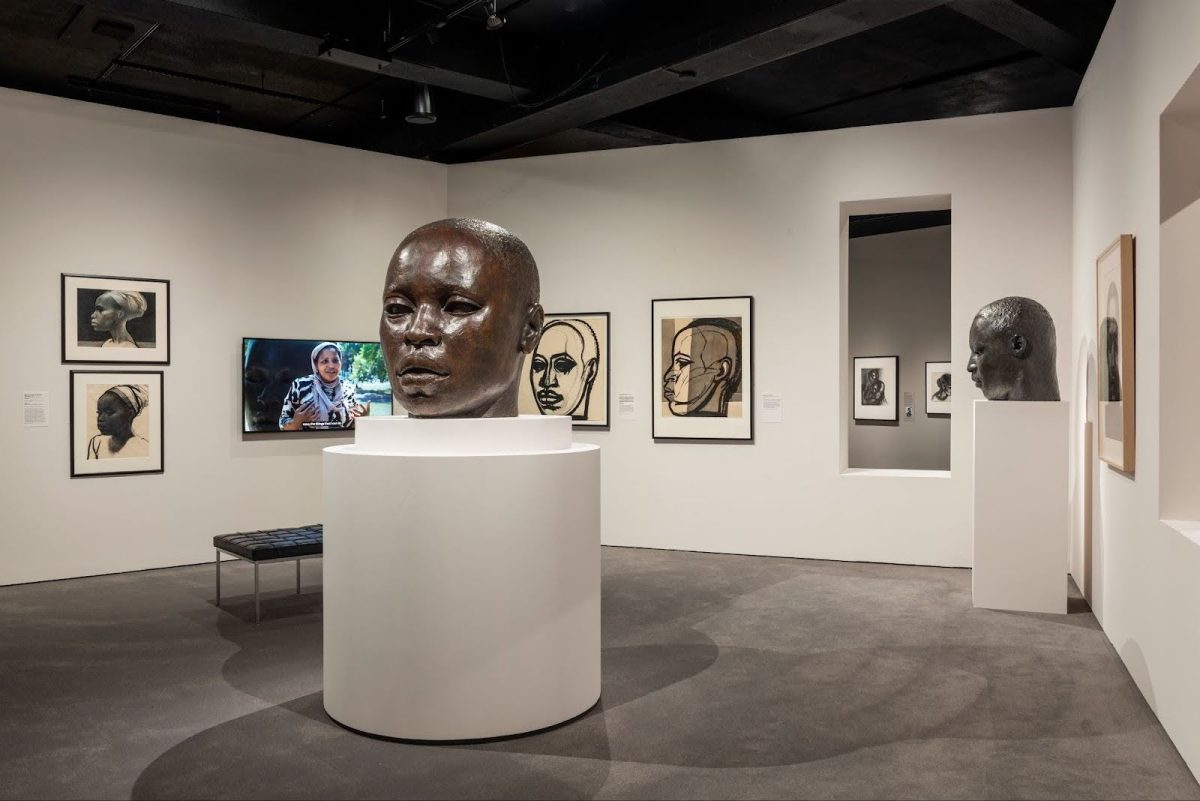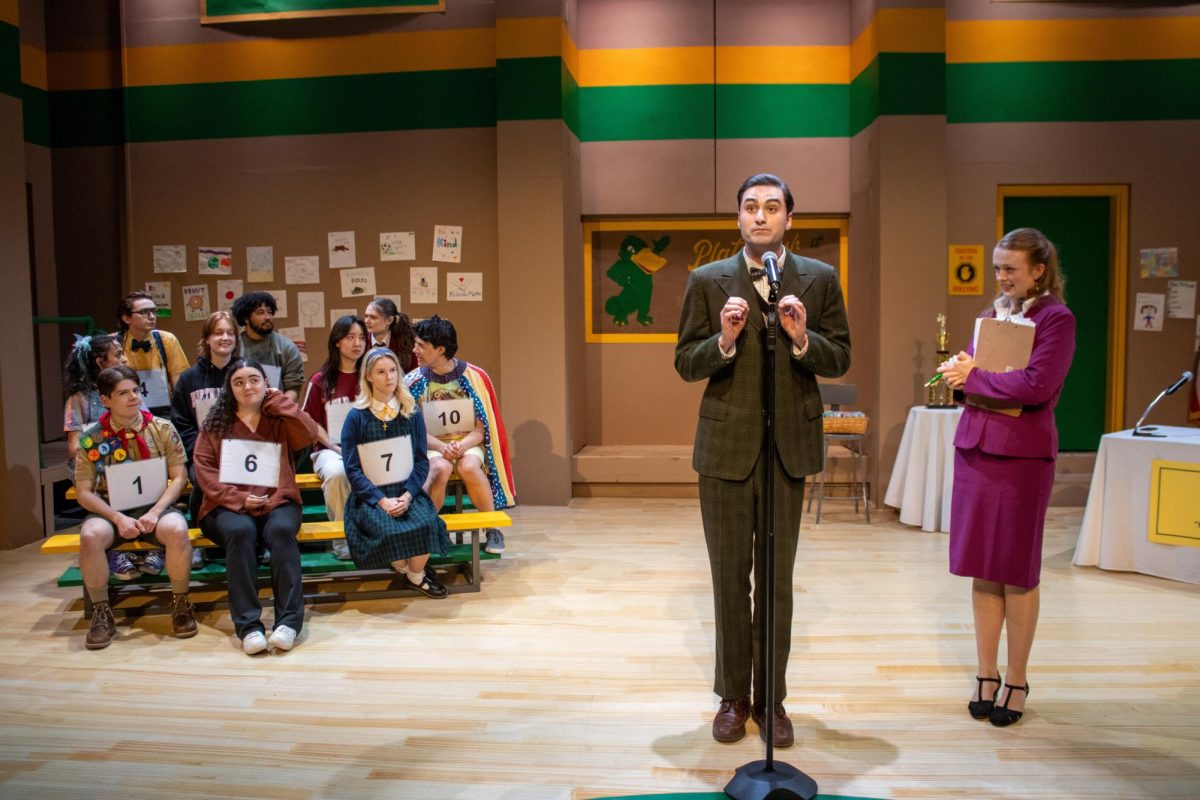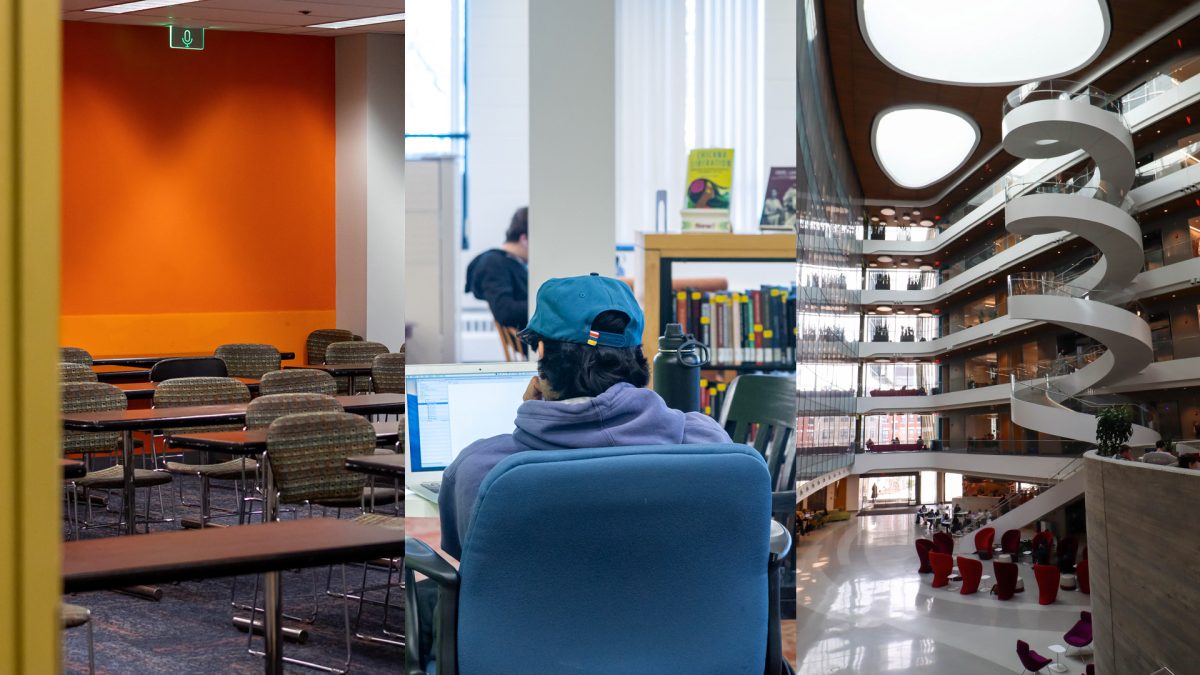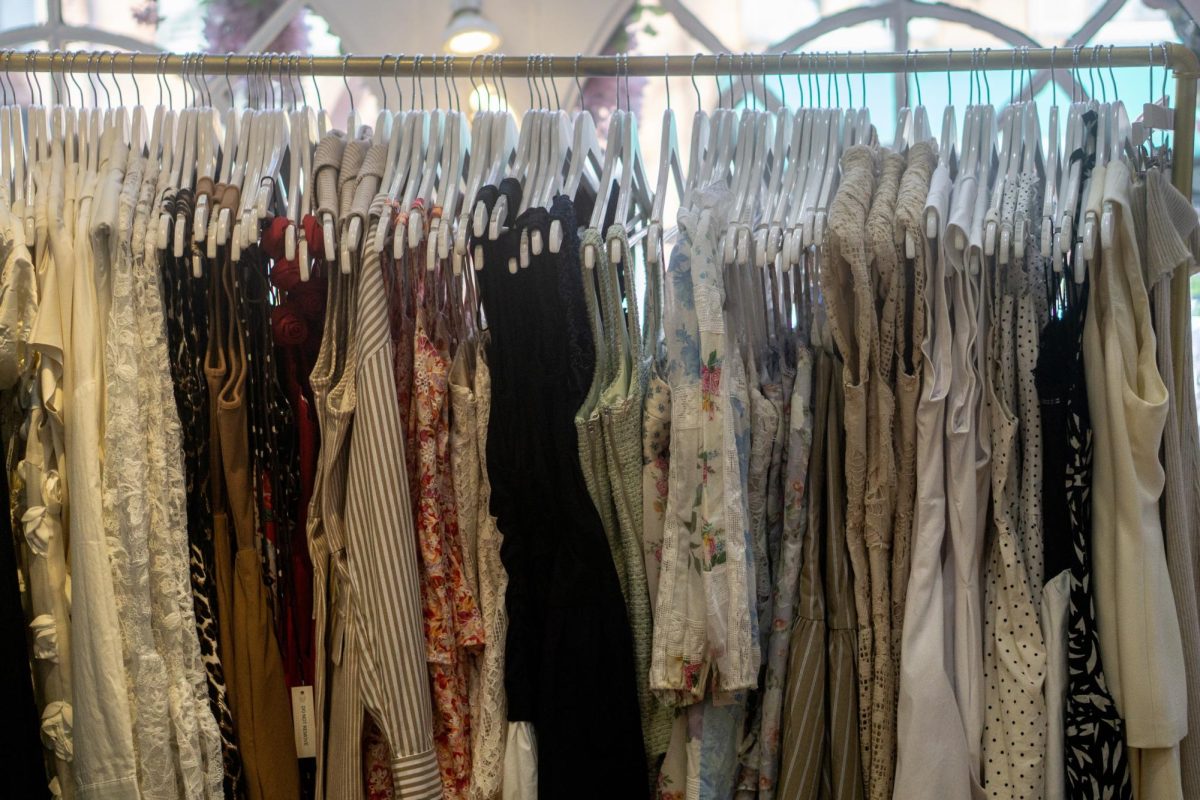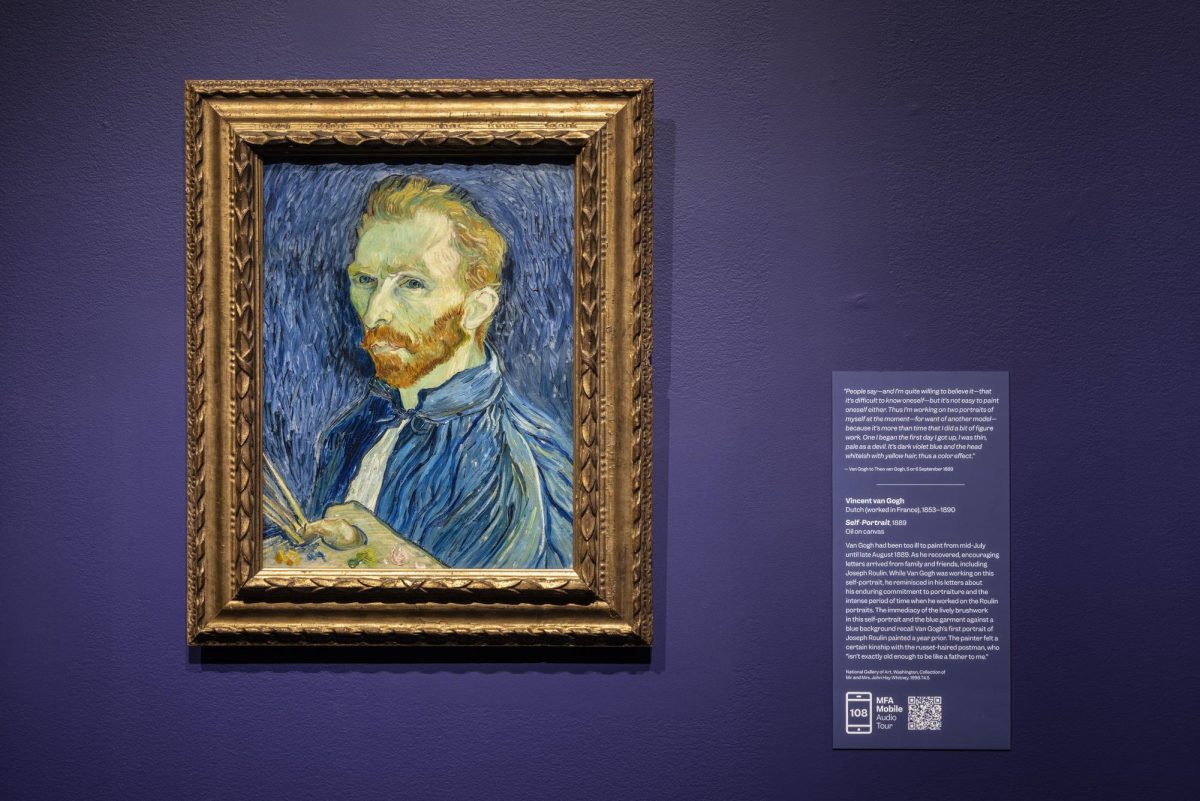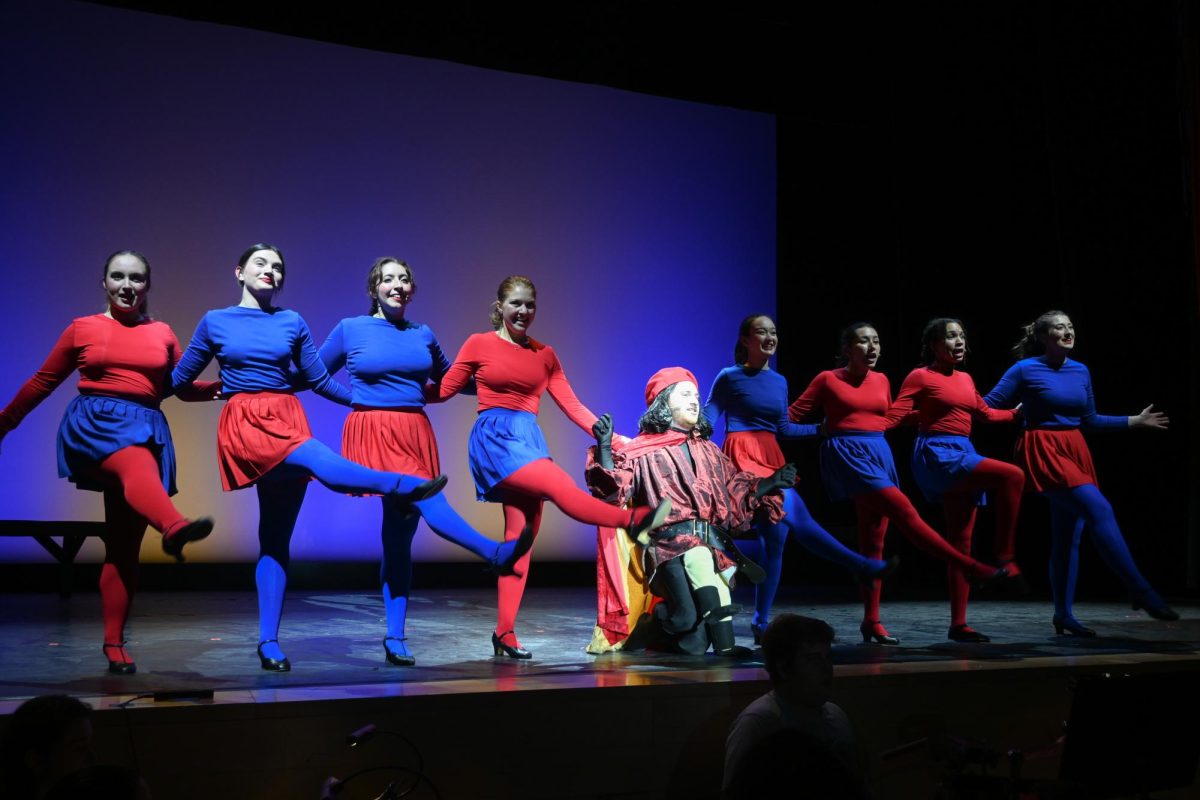Arthur Miller’s “The Crucible” is known for its story about the Salem witch trials and comparisons to the so-called “Red Scare” of the mid-1900s. Although the events in the original play occur in 1692, The Huntington Theatre’s production of “John Proctor is the Villain” transports people to 2018, where a high school English class has its unique take on the play’s content.
A group of female students take the initiative to start their own feminist club in their small high school in rural Georgia. In doing so, they come to discover their own independence around feminism and sexual accountability.
“It’s deep, it’s nuanced, but it’s also hilarious. One of my favorite things about [the play] is it takes teenage girls seriously,” said Carla Mirabal Rodríguez, the assistant director of “John Proctor is the Villain” and a 2020 Northeastern theatre department alum. “I feel like in a lot of media, you see teenage girls being the butt of the joke or completely disregarded. This play doesn’t invalidate them, which is so nice and rare.”
Rodríguez says she is grateful to have had the experience of Northeastern’s theatre and co-op programs to help her duties as an assistant director. Rodriguez’s first co-op was in The Huntington’s marketing department.
“[Northeastern’s theatre program] was a perfect program for me because I needed the basic basics,” Rodríguez said. “They give you production assignments even if you are on the performance track. I’m grateful for it because as a director, I know what other people’s jobs entail.”
In addition to being the assistant director for “John Proctor is the Villain,” she is the artistic and casting associate for The Huntington.
Rodríguez and her colleagues picked up Kimberly Belflower’s “John Proctor is the Villain” after the show had its debut at the Studio Theatre in Washington D.C. in 2022.
Bellflower was inspired to publish the play after several allegations were made against film producer Harvey Weinstein in 2017. The #MeToo movement made its breakthrough around the world, shedding light on women whose experiences with sexual violence were silenced.
Although the play’s content is rather mature, the cast and crew effectively conveyed the seriousness of sexual assault with comedy. It has been over six years since the movement established itself, but “John Proctor is the Villain” reminds the audience that there is still much to be done.
There have been many people at work behind the scenes to make the play as realistic as possible. With over 9,000 video audition submissions, Lyndsay Allyn Cox, the show’s producing director, explained she and her team ultimately hired a young cast to closely resemble high school students.

“For some, this was their first professional production ever, but they all rose to the occasion, and we couldn’t be more proud,” Cox said.
One of Cox’s favorite parts of being a producing director for the play was offering the actors their roles. She recounts the phone call she had with Isabel Van Natta, who plays Shelby Holcomb.
“To be able to tell this young person that she landed her first super professional role was just really memorable. She might have screamed,” Cox said.
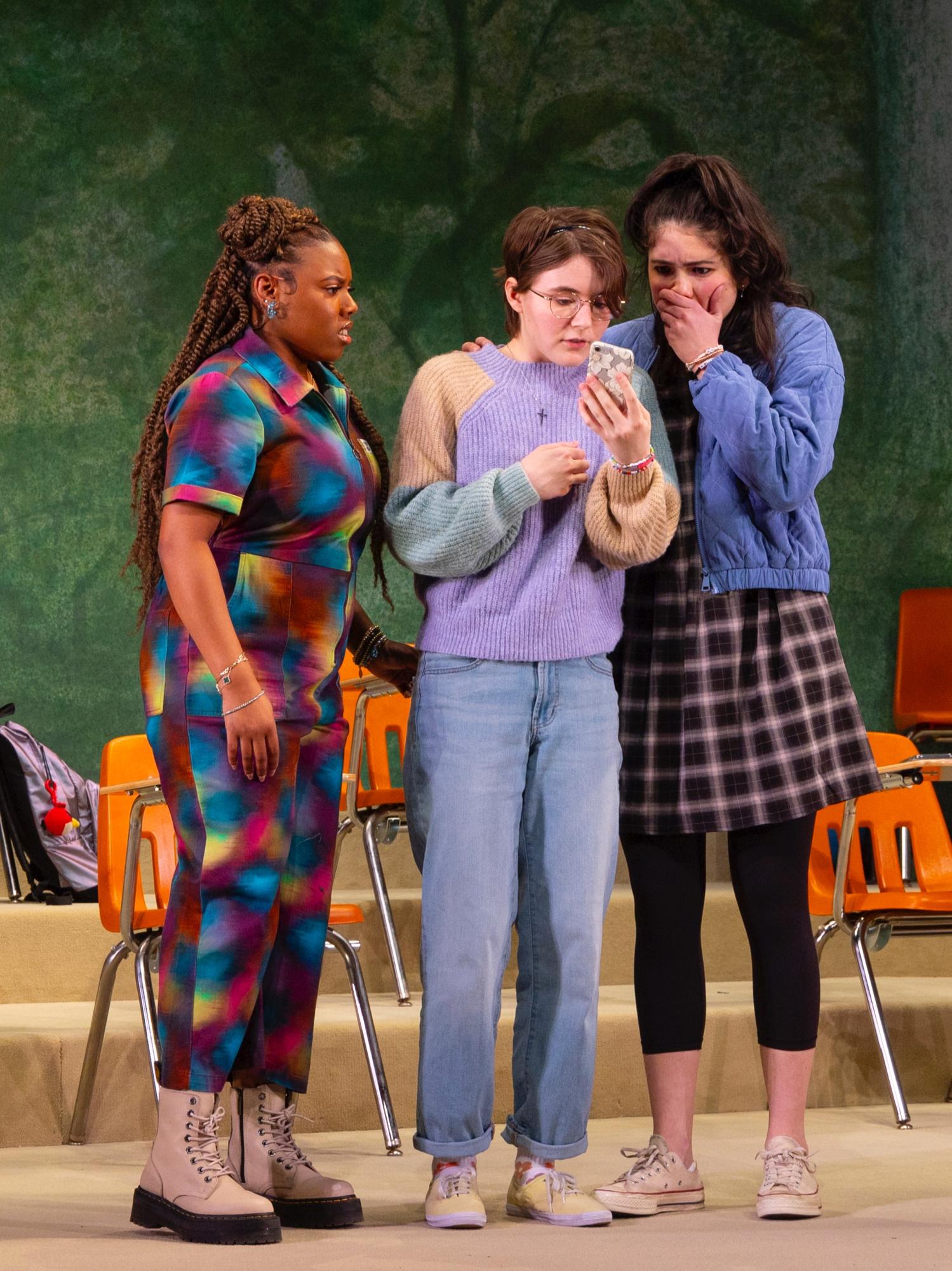
Dorchester native Victoria Omoregie plays Nell Shaw, the only Black girl in her class and a new student at the high school. Omoregie did theatre in high school and won the August Wilson Monologue Competition.
“I’m excited to see people who identify as Black or African American watch Nell carrying herself in a room where she is a minority — so bold, not afraid to be honest and herself,” Omoregie said.
Omoregie expressed her positive experience working with the cast and crew at The Huntington, a sentiment that was shared by Rodríguez and Cox.
“Working with the cast has been phenomenal. Our director Margot [Bordelon] really set up the space for everyone to feel safe. We’ve really cultivated a true friendship with all of us as an ensemble within the work environment we’re in,” Omoregie said.
The cast and crew received a standing ovation after one of its performances Feb. 18.
“The future of theater looks exciting. I want to find playwrights that I love and find opportunities to lift their work up,” Cox said.



